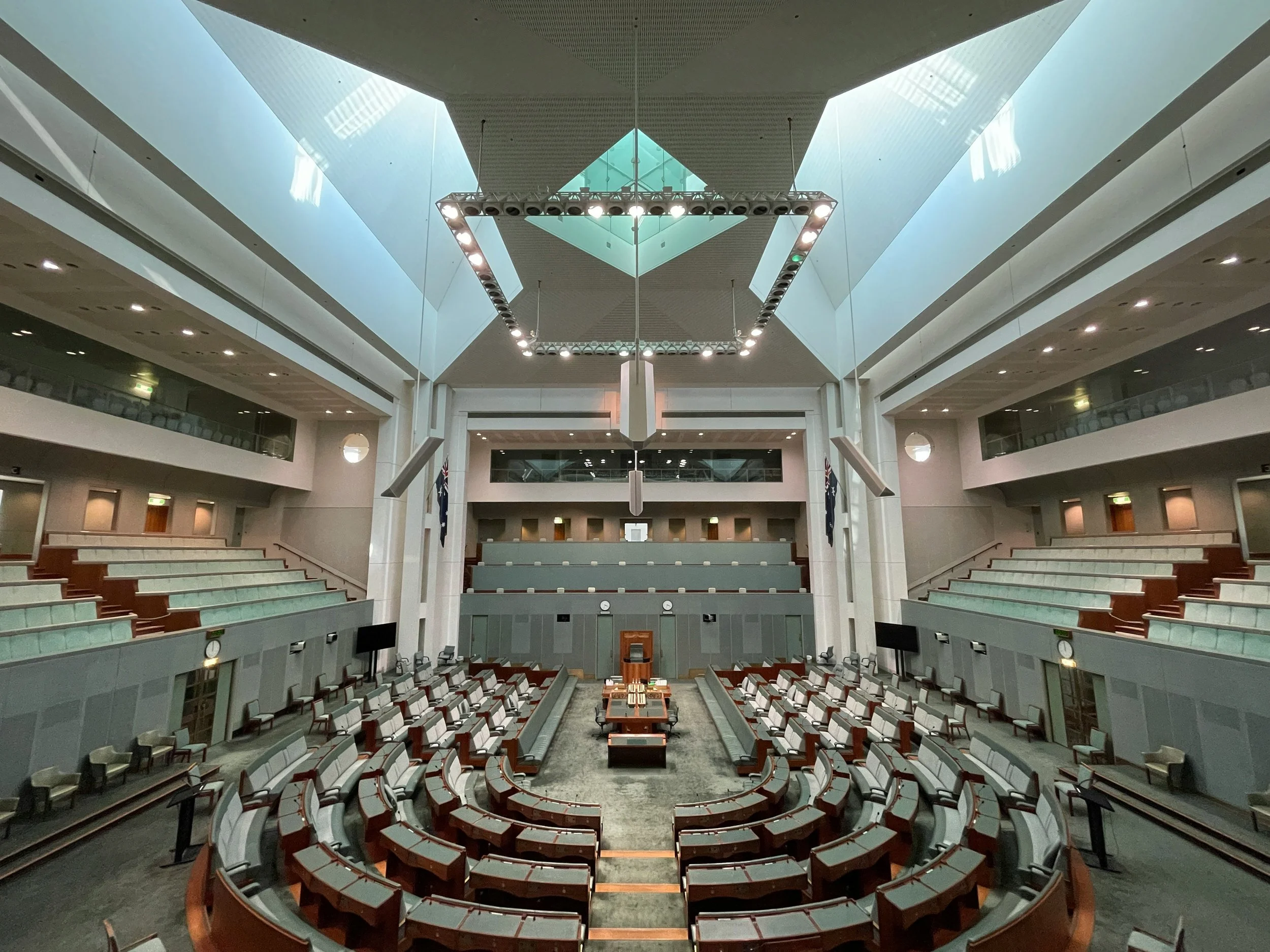What to do with the possibility of a hung parliament?
Tanck Associate Director Rory Parker talks about what to do when there is a possibility of a hung parliament
By Rory Parker
As we near the Federal Election, the polling is narrowing—pointing to an increasing likelihood of a hung parliament and, ultimately, the potential of minority government. So, if neither Labor or the Liberals can form a majority government in their own right, what does that mean for your organisation (and the country more broadly?).
What is a Hung Parliament or Minority Government?
Firstly, a reminder: a majority government is what we typically see in Australia—one of the parties secures enough seats in the House of Representatives to form a majority—thereby being able to pass legislation through without the need for opposition or crossbench support.
A hung parliament is when, post-election, no party has won enough seats to govern in their own right—they would need support from another side to pass legislation through the House. So, often, they form an alliance with Independents or minor parties (the Crossbench) to form what is known as a minority government.
For major parties, minority governments can be a nuisance because the passing of legislation requires ongoing negotiations—doing deals and making concessions to the crossbench. This can see the crossbenchers who hold ‘the balance of power’ with having greater influence in the government than most regular MPs.
We saw this in effect not all that long ago, in 2010, when Julia Gillard’s Labor won 72 seats at the election—two less than the LNP and four short of the 76 required for majority government. Through negotiations with the Greens and Independents, Labor was granted confidence and supply: allowing for them to govern with crossbench support.
What does this mean for pre-election engagement?
The simple answer is: if you’ve been following the advice of this blog by engaging broadly and not ‘picking a side’, you will have already developed relationships across the political spectrum and the likelihood of a minority government shouldn’t change your approach. If you’ve only been engaging with one side, now is a good reminder that everyone in politics matters: and reducing your single-point-of-failure risk will pay off in the long term.
Your organisation should be writing to as many MPs, Senators, and Candidates that you can to seek meetings where you explain your position and develop a relationship. Of course, the major parties will be your main targets here—but given the polling, don’t write off the Teals, Greens, Independents, or other minor parties.
We’ve spoken at length about the crossbench before, but to keep things simple:
Don’t attack the government or major parties, otherwise you may be brought into the crossfire as a ‘political grenade’
Focus on local impact and issues, given crossbenchers will care most about their community
Identify who they align with, as whilst they may not fall into a specific party, their voting record may indicate a side to which they lean.
What does this mean for post-election engagement?
Well, we’ll have to wait and see how everything lands. But, ultimately, the principles will remain the same:
Engage broadly and often
Congratulate new MPs on their electoral win
Focus on building long-term relationships
Don’t ignore MPs just because they aren’t in the governing party.
If you’re interested in more tips and analysis on how the 2025 Federal Election will play out, download our free webinar where Angus & Katerine outline how you can leverage the uncertainty of the election to create policy change, social outcomes, and secure funding.
Tanck offers advisory services in government engagement, advocacy, stakeholder strategy, and communications.
We share our political expertise and government experience so you can achieve your funding and policy goals.

